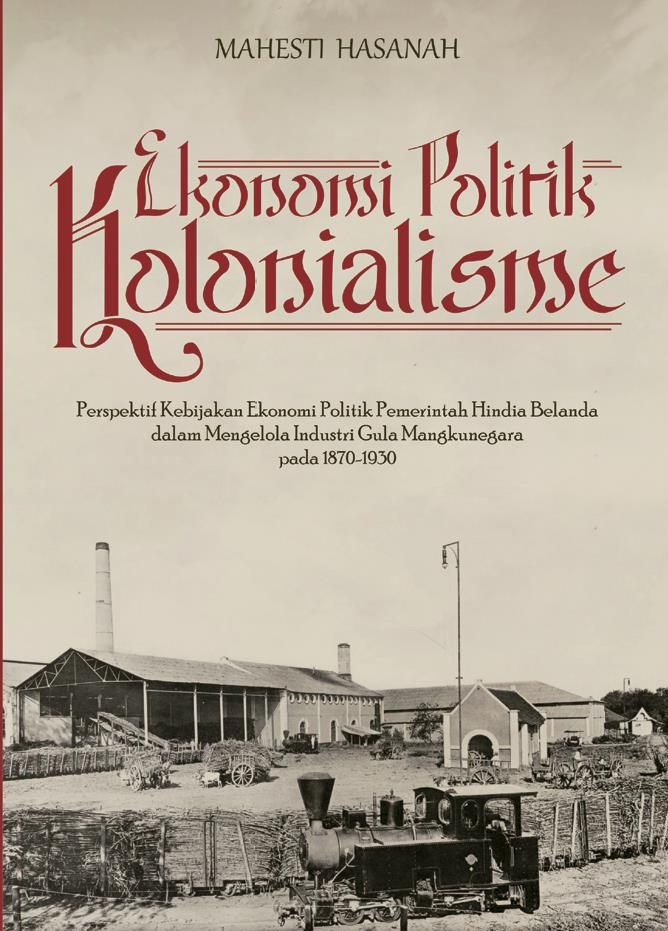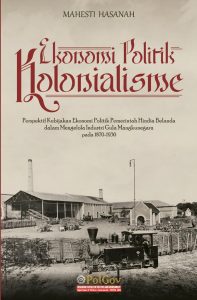Ekonomi Politik Kolonialiasme: Perspektif Kebijakan Pemerintah Hindia Belanda dalam Mengelola Industri Gula Mangkunegara Pada Tahun 1870-1930
Topic: Power, Prosperity, and Democracy
Year: 2015
Writer: Mahesti Hasanah
Editors: –
Description:
This book describes how the power of the Dutch East Indies government entered the realm of village politics through control of the sugar industry. The financial crisis in Mangkunegaran became an entry point for the colonial government to influence village heads, village elites and the community. The village was turned into a part of the Dutch East Indies government bureaucracy to expand colonial power in the land of Java.
Summary:
The sugar industry became one of the most important industries for the Dutch East Indies government because it brought abundant profits. Mangkunegaran itself is a vorstenlanden area and has leaders who think modernly so that they accept the industrial development openly. In his journey, this leader actually had the authority to regulate the economic activities of the Mangkunegaran. However, the Dutch East Indies colonial government then took control of all economic processes. The colonial government’s penetration began when the financial crisis occurred in the Mangkunegaran. Under the pretext of saving Mengkunegaran, the colonial government placed the resident as the leader of the sugar industry. After the finances were stable, the leadership did return to Prangwedana (Mangkunegaran). However, the colonial government did not immediately let go because later the Mangkunegaran Owned Fund Commission was formed and the superintendents (Dutch people) had an important role as day-to-day executors. Furthermore, the penetration of the Dutch East Indies government had an effect on villages, village elites, and society. The village was turned into a part of the bureaucracy regulated by the government for the expansion of power. For this purpose, the village elite, bekel and the company (government) persuaded the people to be willing to rent their land to the company and work as wage laborers for the company. That way, the government controlled all the production factors of the Mangkunegaran.


